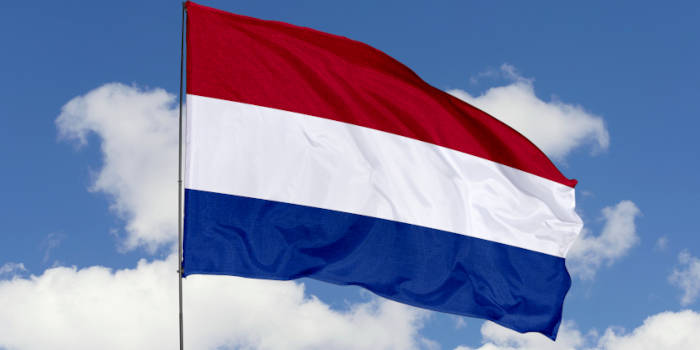1933 Letter by Alan Turing Reveals Interest in Gambling

World War II hero and mathematician Alan Turing had a short-lived interest in gambling, a previously unknown letter written by him in 1933 revealed.
Winning Roulette System or Beginner’s Luck
The letter, seven hand-written pages sent to Alfred Beuttell, the inventor of strip lightning, is up for auction at Bonhams, London, and is expected to find a buyer for around £50,000 ($69,000), provided evidence that Turing mathematically analyzed a roulette gambling system which Beuttell used personally.
The then-88-year-old Beuttell claimed he had used the system at the Grand Casino Monte Carlo in his years as a young man and it proved to be profitable by allowing him to earn enough to live for a month on the French Riviera, but the curious 21-year-old Cambridge University undergraduate Turing had his suspicions.
In the letter responding to Beuttell’s request for an opinion on his system, Turing stated that the longer the run of the system, the lesser the chance of winning, albeit admitting for shorter runs, it may allow winnings. Exploring probabilities, Turing concluded that the probability of winning diminishes as the number of roulette spins grows from 150, to 1,520, 4,560 and 30,400.
Provided that Beuttell used the system over a short period of time, Turing’s analysis suggested that the success was rather due to beginner’s luck than to anything mathematically-defined. And that happened more than a decade before he would crack the Nazi German Enigma code and become instrumental to the outcome of the war.
Word War II Contributions
The holder of a PhD in Mathematics from Princeton University became the center of a team of cryptanalysts at Hut 8, the section responsible for German naval cryptanalysis at Bletchley Park, spearheading the British Ultra Intelligence code-breaking effort during World War II.
Turing and his team played a key role in cracking intercepted coded messages between German submarines to eventually break the Enigma machine cipher and help to speed up the end of the Third Reich, possibly saving many lives.
Turing’s fate took a turn for the worse in 1951 when he admitted to being homosexual, which was considered a crime in the UK at that time. He faced prosecution for “gross indecency,” which left him with one of two choices: prison time or chemical castration, of which he chose the latter. Two years later, Turing took his life.
Alan Turing was given a public apology by the British government in 2009, as well as a posthumous pardon by the Queen in 2013.
With 4 years experience as an analyst, Julie—or ‘Jewels’, as we aptly refer to her in the office—is nothing short of a marvel-worthy in her attention to the forex and cryptocurrency space as she quickly became the first pick to co-pilot education to the masses with Mike.














